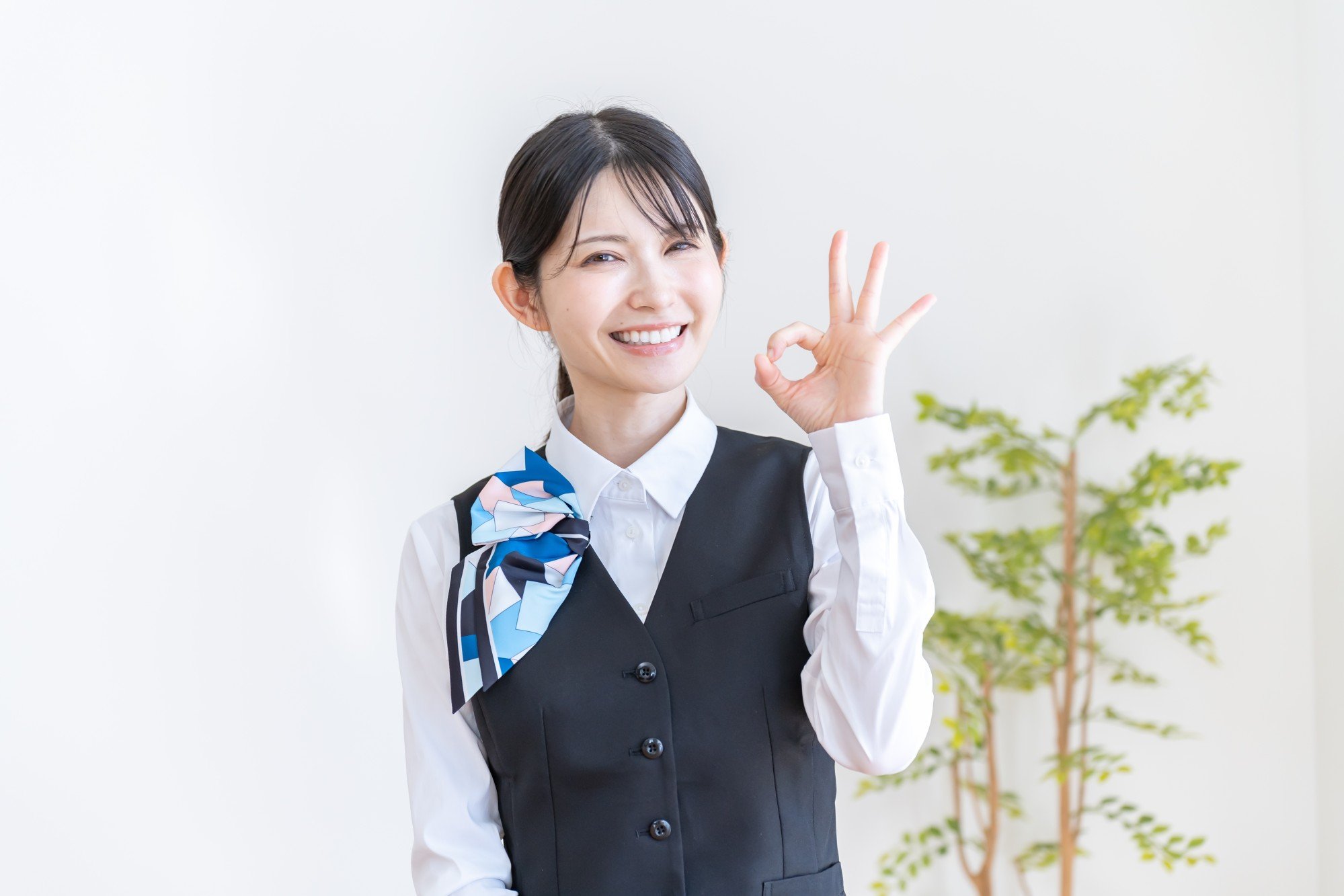Japanese telecom giant develops AI filter that calms angry customers in call centers

In Japan, harassment of customers or Kasu Harahas become an increasing problem alongside abuse of power and sexual harassment in the workplace.
According to a 2024 survey of about 30,000 workers in the service sector and other industries conducted by Japan’s largest union, UA Zensen, 46.8 percent said they had faced anger or intimidation from customers in the past two years.

The incidents included verbal abuse, repeated complaints, threats and inappropriate demands for apologies.
SoftBank has worked with the University of Tokyo on an AI filter that can recognize the voice of angry customers and give them a less aggressive tone.
The new technology was released by SoftBank on April 15.
In the product’s demonstration video, the angry voice of a male customer was adapted into the voice of someone a Japanese news anchor described as an “anime voice actor.”
It is believed that technology can reduce the negative impact on customer service agents’ mental health, helping them stay in their jobs.
In Japan, it is traditionally considered a virtue to be submissive to superiors and customers in the workplace.
However, in recent years the situation has gradually improved.
In 2022, Japan’s Ministry of Health, Labor and Welfare published a manual instructing and urging companies to take action against customer harassment.
Some service providers such as ANA Holdings, the parent company of All Nippon Airways, and West Japan Railway had already introduced policies on customer harassment.
West Japan Railway told its employees that they would have to stop selling products or providing services to customers who verbally or physically attack them.
Lawyers could also be called in to assist employees in taking legal action against customers.
SoftBank is expected to deploy its AI filter in 2025.

The technology has received widespread support on the Internet.
“It’s really good to have such technology. However, people should learn to control their temper when talking to customer service staff,” said one person on YouTube.
“It would also be good if the AI changed the voices of the staff to sound like intimidating gangsters,” joked another.
A third person said a filter was unnecessary: ”The AI should simply end the conversation when it detects an angry voice.”



